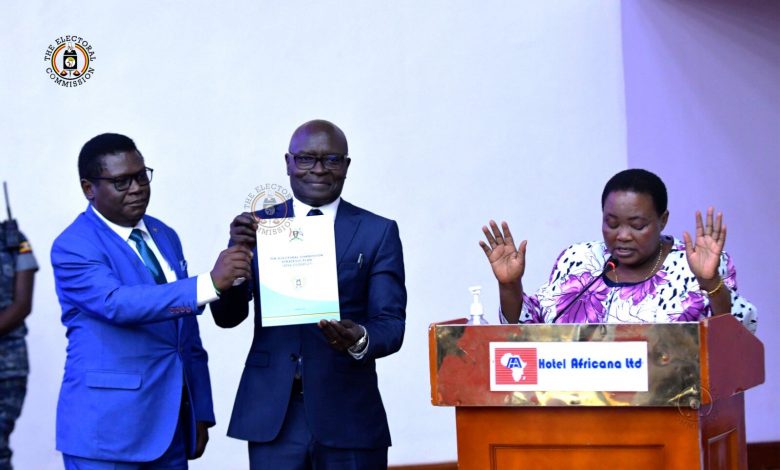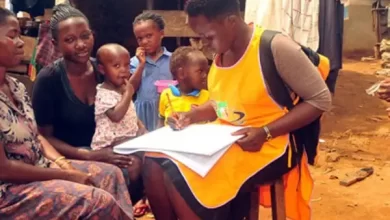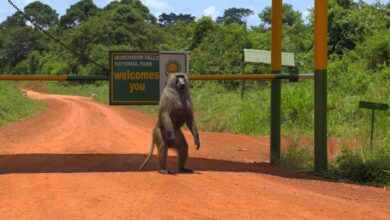Electoral Commission sets dates for 2026 general election activities
Prime Minister Robinah Nabbanja highlighted that her office will make sure that the required funds are released to the Commission to smoothly execute the activities.

The Independent Electoral Commission has appointed October 2, 2025, and October 3, 2025, as dates for the nomination of candidates for President for the coming 2026 general elections.
This was highlighted by Electoral Commission Secretary Leonard Mulekwah while releasing the Strategic Plan for Electoral Commission Roadmap for the 2026 general elections.
According to Mulekwah, this is in line with the Presidential Elections Act and hence the National Voters’ Register has to be updated by January 2022.
“Demarcation of the electoral areas should be done by July 2024. We expect the nomination of candidates for President to take place between 2nd October and 3rd October 2025. This is in line with the Presidential Elections Act,” he said.
According to Simon Byabakama, the Chairperson electoral commission, the Roadmap will enable the various stakeholders in the electoral process to achieve improvement in the planning for participation and implementation of electoral activities.
“In addition, this will enable timely implementation of scheduled electoral activities; and, transparency in the implementation of electoral programs and activities,” he added.
Officiating at the launch of this plan the Prime Minister Robinah Nabbanja highlighted that her office will make sure that the required funds are released to the Commission to smoothly execute the activities as outlined in the Roadmap for the next general election.
Nabbanja said all political players should organize themselves in accordance with this roadmap, so that they effectively participate in this process.
“The Office of the Prime Minister will make sure that the enactment of relevant laws for the 2025/2026 General Elections is done before the end of 2023/2024 financial year.
I implore all stakeholders to carefully examine all the timelines as outlined in the Roadmap, and work with the Electoral Commission to smoothly implement the electoral roadmap for 2025/2026 general elections,” she said.
Meanwhile, Nobert Mao, the Justice and Constitutional Affairs Minister, stated that these are issues that keep Ugandans waiting thus the issues raised such as the need to enact laws to enable the elections are very vital.
“I would like us to focus on civic education. The citizens are the nursery beds for leaders because leaders are picked from citizens. We need to make sure our citizens have civic education,” Mao noted.
In Uganda, the president and Members of Parliament are elected for a five-year term. The Parliament is composed of members directly elected to represent constituencies, and one woman representative for every district; as well representatives of special interest groups, including the army, youth, workers and persons with disabilities.






